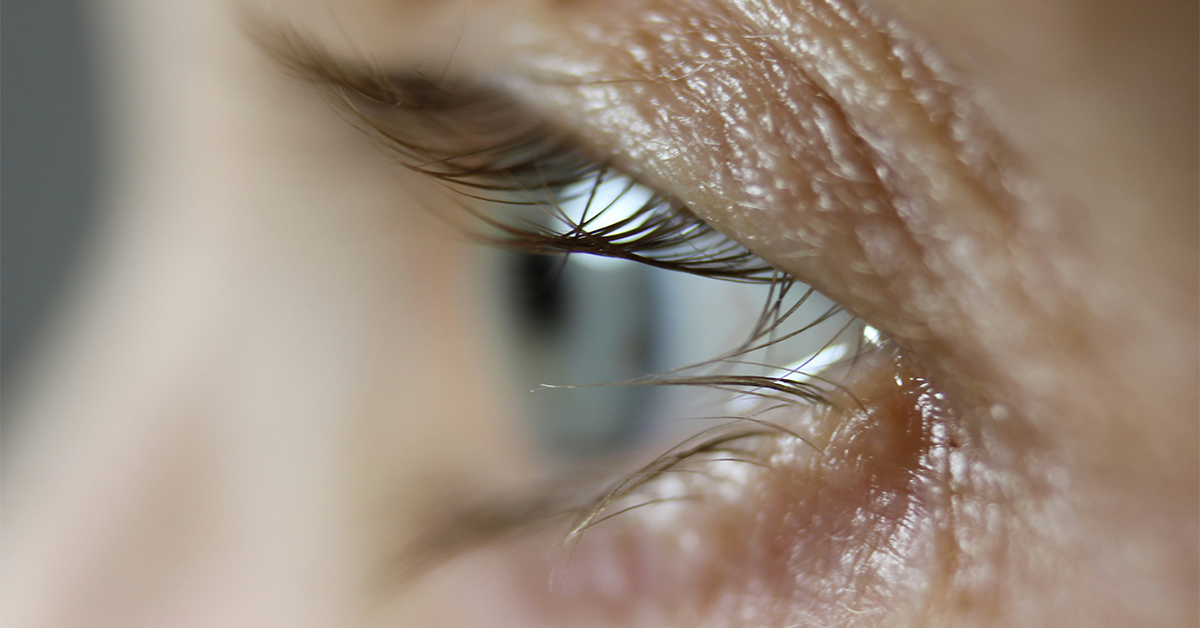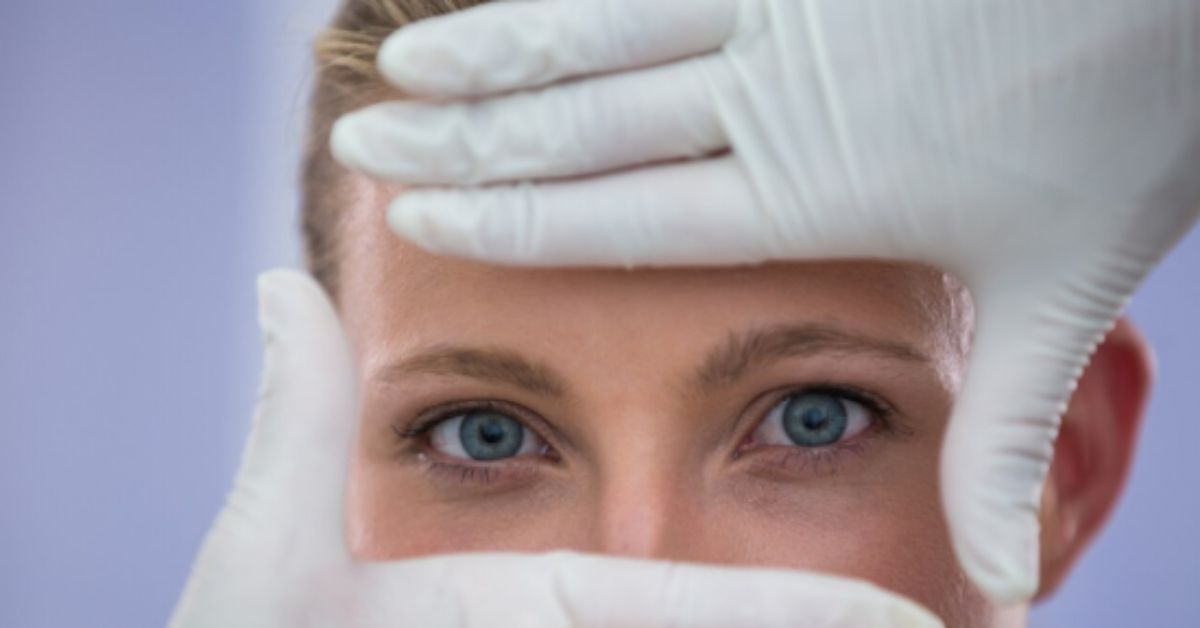Let’s face it—chin wrinkles can sneak up on us when we least expect it. One day, you look in the mirror and notice subtle lines forming around the chin and jawline. Before you know it, they deepen and begin to affect your confidence. But here’s the good news: you don’t have to wait for deep creases to appear. By adopting simple, holistic habits today, you can prevent these fine lines from turning into lasting wrinkles. In this article, you’ll discover natural, effective strategies—from skincare and nutrition to mental health and posture adjustments—that work together to maintain a smooth, youthful-looking chin. Let’s dive right in!
TRENDING
Eye Spasm Pregnancy: What It Means And How To Cope
Understand Why Chin Wrinkles Form
Facial anatomy and movement
Our skin stretches and contracts with every smile, frown, or conversation. Over time, repetitive motions can contribute to fine lines, especially along the chin and neck where the skin is thinner and more delicate.
Collagen and elastin decline
As we age, the production of collagen and elastin—the proteins responsible for skin’s strength and elasticity—slows down. That’s why prevention through natural stimuli and good habits is so powerful.
Lifestyle factors
Sun exposure, dehydration, poor diet, stress, poor posture, and excessive screen time all add up. While none of these individually cause chin wrinkles overnight, they compound over time—making prevention essential.
Skincare Essentials For Prevention
Gentle cleansing and hydration
- Use a mild, non-stripping cleanser morning and night to keep the skin barrier intact.
- Follow with a hydrating facial mist and moisturizer rich in humectants like hyaluronic acid or glycerin.
Daily sun protection
UV radiation isn’t just for wrinkles on the forehead—it also accelerates creasing around the chin. Choose a broad-spectrum SPF 30+ sunscreen daily, reapplying every two hours if you’re outside or sweating.
Targeted active ingredients
- Retinoids (retinol or prescription tretinoin) stimulate collagen production and reduce fine lines. Start with a low concentration two to three times per week.
- Peptides mimic building blocks of collagen and help maintain firmness.
- Antioxidants like vitamin C, niacinamide, green tea extract, or resveratrol protect against pollution and oxidative damage.
Facial massage and gua sha
Using gentle upward strokes with your fingertips, a facial roller, or gua sha tool promotes lymphatic drainage and circulation. Focus 5 minutes daily on the chin and jawline for firmer, more lifted skin.
Nutrition And Hydration For Radiant Skin
Collagen-supporting foods
Include plenty of bone broth, fish, lean poultry, legumes, and eggs—these are rich in amino acids glycine and proline, essential for building collagen.
Antioxidant-rich fruits and vegetables
Oranges, berries, kale, spinach, bell peppers, cherries, carrots—these provide vitamins A, C, and E, plus polyphenols that guard against free radicals.
Healthy fats
Omega-3 fatty acids from salmon, walnuts, flaxseeds, and chia seeds help maintain skin elasticity and reduce inflammation.
Adequate hydration
Drinking enough water is non-negotiable. Aim for at least 8 glasses a day, and include hydrating foods like cucumbers, watermelon, and celery.
Minimize sugar and refined carbs
High-glycemic foods promote glycation, where sugar attaches to proteins like collagen, making skin stiff and brittle—prime conditions for wrinkle formation.
Posture And Movement
Correct your screen posture
“Text neck” isn’t just about neck pain—it encourages skin sagging. Hold devices at eye level and use ergonomic chairs and desks.
Chin tuck exercises
Every hour, tuck your chin gently (think double-chin without force), hold for 5–10 seconds, then release. This strengthens deep neck flexor muscles and supports skin tone.
Neck and jawline yoga
Simple poses like chin lifts, jaw stretches, and neck rolls performed daily can tone underlying muscles and improve firmness.
Stand up and stretch
Avoid slouching. Standing straight or walking regularly with good posture enhances circulation and skin vitality.
Stress Management And Sleep
Impact of stress
Cortisol, the stress hormone, breaks down collagen and dampens skin repair. Chronic stress results in skin that’s dull, prone to dehydration, and quicker to wrinkle.
Mind-body practices
Introduce 15 minutes of daily breathing exercises, guided meditation, or gentle yoga. These reduce cortisol and foster relaxation.
Quality sleep
During deep sleep, the body revitalizes cells and heals skin. Aim for 7–9 hours of uninterrupted sleep. Use a satin pillowcase, avoid “porn face” (bunched-up pillow creasing), and sleep on your back if possible.
Evening skincare rituals
Stick to a comforting pre-bedtime routine: cleanse, apply retinol or peptides, moisturize, and optionally use a silk sleep mask. This primes skin for repair while you sleep.
Holistic Lifestyle Choices
Move naturally
Engage in regular moderate exercise—walking, swimming, dancing. It improves circulation, detoxifies (via sweat), and enhances skin’s radiance.
Avoid smoking and excessive alcohol
Both are dehydrating and break down collagen and elastin. Quitting smoking and limiting drinking directly benefits skin health.
Clean environment
Dust, soap residue, and pollution can irritate skin. Clean your pillowcases weekly, choose gentle detergents, and keep your home well-ventilated.
Supplements—smartly
If your diet lacks essentials, certain supplements can help:
- Marine collagen peptides (verified purity)
- Vitamin C and E
- Fish oil (omega-3s)
- Zinc (small doses)
Always talk to a healthcare provider before starting new supplements.
When Natural Isn’t Enough: Pro Tips
If you’re already seeing deeper chin folds:
Professional-grade treatments
- Microneedling encourages natural collagen growth.
- Radiofrequency skin tightening stimulates deep skin layers for instant lift.
Laser therapies
Fractional lasers can stimulate collagen but require downtime and sun care.
Fillers
Consult a qualified dermatologist for hyaluronic acid fillers under the chin to smooth deeper grooves. It’s temporary but effective.
Long-term maintenance
Even after in-office procedures, maintain a daily ritual of gentle massage, potent ingredients, hydration, and sun protection to preserve results.
Sample Daily Regimen
| Time | Routine Steps |
|---|---|
| Morning | Rinse with lukewarm water → Vitamin C serum → Moisturizer → SPF 30+ → Lip balm |
| Midday | Chin tucks, neck stretch, refuel SPF |
| Evening | Double cleanse → Peptide/Retinol serum → Hydrating moisturizer → Gua sha massage |
| Before Bed | 2-minute facial massage → Hydrating lip balm → Sleep on satin pillowcase |
Additional Tips
- Keep gadgets clean – bacteria on phones or glasses can irritate skin along jaw and chin.
- Stay sun-savvy year-round – even on cloudy days and in cars, UV exposure is still active.
- Patch test new products—especially retinoids and actives—to cushion against irritation.
- Focus on overall face, not just one area—tightening your neck, cheeks, and jawline supports chin skin naturally.
Conclusion
Chin wrinkles may begin as small, innocuous lines, but before they deepen, a strategic preventive approach can make all the difference. By focusing on mindful skincare, nutrition, posture, stress management, and targeted lifestyle changes, you can support natural collagen production and skin elasticity—all without relying solely on cosmetic fixes. Consistency is key: small daily habits compound into visible results. It’s never too early or too late to start acting—so embrace this holistic game plan and give your chin the care it deserves!
ALSO READ: Caviar Nutrition Information: A Deep Dive Into Nutrition & Benefits
FAQs
What is chin wrinkle prevention and why does it matter?
Chin wrinkle prevention refers to proactive strategies—like skincare, nutrition, posture, and stress relief—designed to maintain skin elasticity and prevent fine lines from deepening. It matters because early prevention is far more effective than treating wrinkles once they’re entrenched, helping you maintain a youthful, confident appearance.
How often should I apply retinol to prevent chin wrinkles?
Start with a low-strength retinol 2–3 times weekly at night. Observe how your skin responds, then gradually increase to nightly use if tolerated, always paired with moisturization and sun protection.
Are facial massages truly effective against chin lines?
Yes! Gentle massage improves lymphatic drainage, increases blood flow, and supports collagen maintenance. A simple 5-minute daily routine focusing on the chin and jaw can preserve firmness and smooth fine creases.
Can diet really affect chin wrinkles?
Absolutely. A nutritious diet rich in antioxidants, collagen-building proteins, and hydrating foods supports skin structure and health—while sugar and refined carbs can accelerate damage through glycation.
When should I see a professional for chin wrinkles?
If fine lines have developed into deeper folds, consider consulting a dermatologist or cosmetic specialist for treatments like microneedling, RF therapy, or fillers. These interventions deliver more dramatic results, which you can then maintain through ongoing holistic habits.










